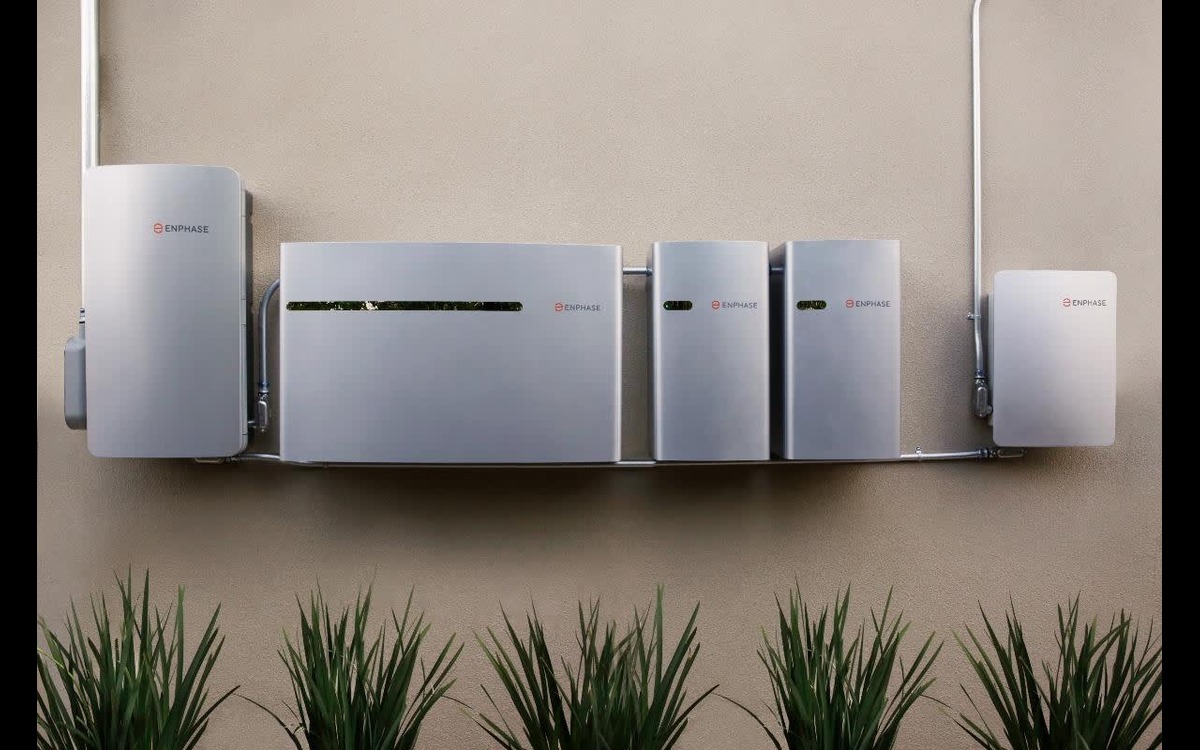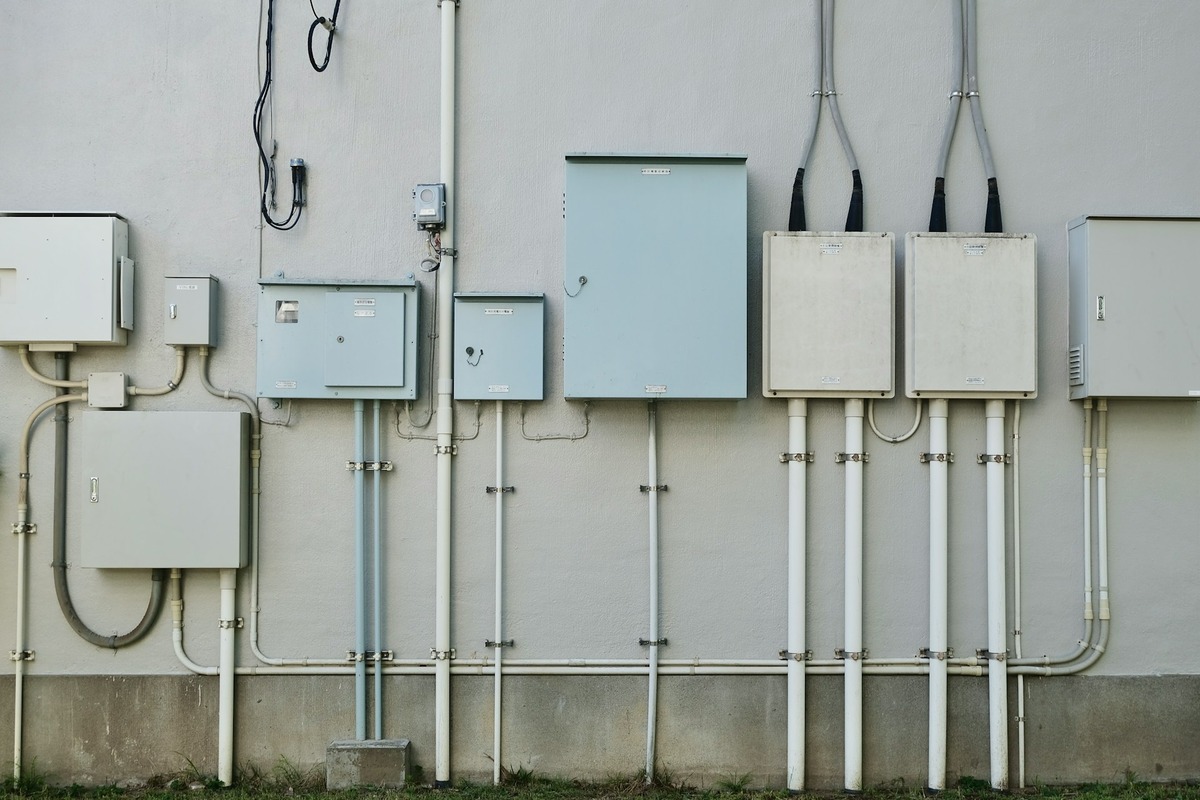Key Takeaways
- Home battery backup systems offer security during power outages and contribute to a sustainable future.
- They are increasingly becoming a component of smart home technology.
- Knowing the advantages and capabilities of these systems can assist homeowners in making educated choices.
Introduction to Home Battery Backup Systems
With increasing concerns over energy reliability and a global emphasis on sustainability, home battery backup systems are transforming from a luxury to a necessity. These systems offer the dual benefits of ensuring energy security and contributing to a greener environment, as well as providing homeowners with a sense of security and peace of mind. As unpredictable weather patterns and grid instability become more prevalent, the assurance of a steady energy supply from battery backups becomes attractive.
How Home Battery Systems Work
Home battery systems act as storage devices, storing power from the grid or sustainable sources such as solar panels for later use. During power outages or periods of high electricity demand, these systems release stored energy to keep homes powered. By decentralizing energy storage away from the traditional grid and into individual homes, these systems offer autonomy over one’s energy usage. Technological advancements have increased the efficiency of these systems, making them more accessible and practical for everyday use.
Benefits of Home Battery Backup Systems
- Ensuring Power During Outages: One of the most compelling advantages of home battery systems is their ability to provide power during sudden outages. In many regions, power outages have become frequent due to severe weather or grid failures. The cost associated with power disruptions can be substantial, affecting personal and professional life aspects. Battery backups offer a seamless transition to stored power, minimizing disruption and ensuring critical systems, like refrigerators and medical equipment, continue functioning without interruption.
- Cost Efficiency and Savings: Beyond providing a safety net during outages, battery systems significantly impact financial savings. Homeowners can dramatically reduce energy expenses by drawing on stored energy during peak electricity pricing periods. This practice, known as peak shaving, can lead to a considerable decrease in monthly utility bills. As energy costs continue to rise, this financial benefit becomes increasingly attractive, offsetting the initial expenditure of installing a battery system over time.
- Environmental Impact: Home battery backup systems promote ecological sustainability by decreasing reliance on non-renewable energy sources. They optimize sustainable energy utilization with renewable energy sources like solar panels. Sources from trusted environmental studies highlight significant reductions in carbon emissions achieved by effectively utilizing stored renewable energy, making these systems a pivotal component of a sustainable energy strategy.
Integrating Battery Systems with Renewable Energy
Integrating a battery backup system conserves excess energy for households already utilizing renewable energy sources like solar panels. It ensures its availability when production dips, such as during nighttime or cloudy days. This integration leads to greater energy independence and reduces reliance on the grid. The synergy between solar panels and battery backups exemplifies a holistic approach to energy management, where generation and storage work together to meet daily power needs sustainably.
Considerations Before Installing a Backup System
Before installing a battery backup system, homeowners should consider several critical factors. These include the system’s capacity relative to the household’s energy needs, compatibility with existing electrical setups, and long-term financial implications. Additionally, evaluating the potential for government incentives or rebates can make installation easier. Extensive research and seeking advice from an expert can help make a well-informed choice that aligns with personal energy needs and financial limitations.
Real-Life Examples of Successful Installations
Numerous households worldwide have successfully adopted battery backup systems, demonstrating their viability and benefits. These real-world examples often showcase significant energy savings and enhanced energy management efficiency. By documenting their experiences, these homeowners highlight both the technical feasibility and the life improvements afforded by battery systems, offering a relatable perspective for those considering similar installations.
Future Trends in Battery Backup Technology
The landscape of battery backup technology is continually evolving, with promising trends on the horizon. Future advancements are expected to include battery longevity and efficiency enhancements, more sophisticated integration with smart home technologies, and broader accessibility due to decreasing costs. These innovations will further increase the functionality and desirability of battery backup systems, cementing their role as an essential component of modern home energy solutions.
Conclusion
In conclusion, home battery backup systems represent a strategic investment in energy reliability and environmental responsibility. As these technologies advance, they offer compelling benefits that support a transition to more sustainable and autonomous energy systems. By understanding and embracing these systems, homeowners can enhance their energy resilience while contributing positively to global sustainability efforts.





